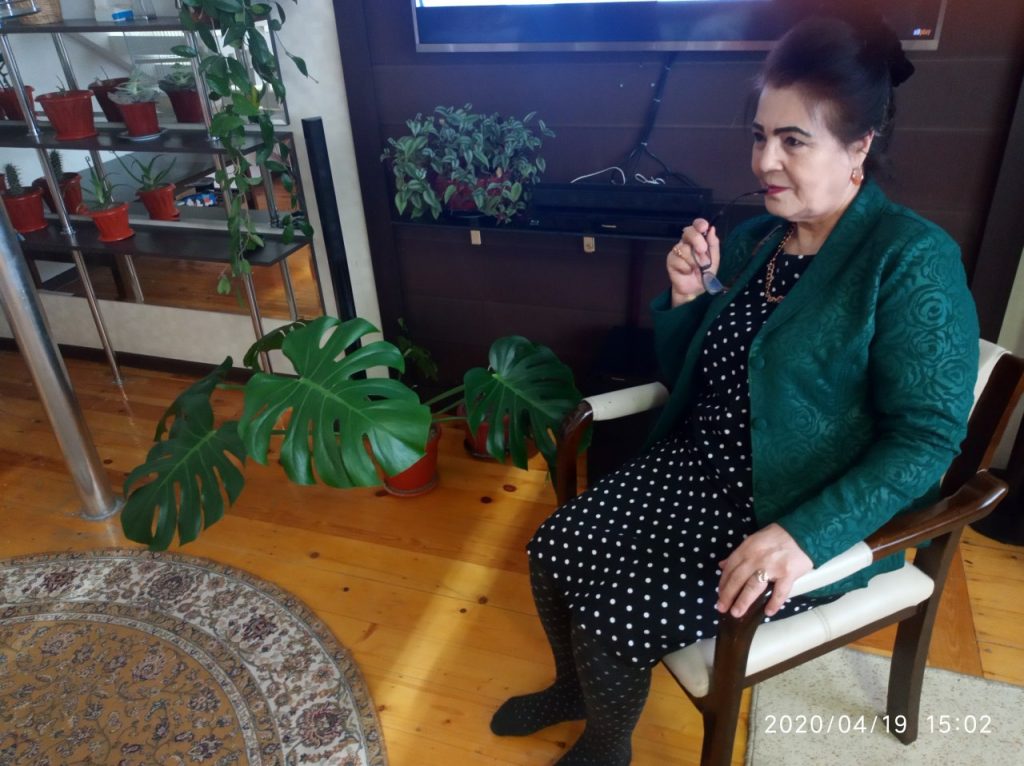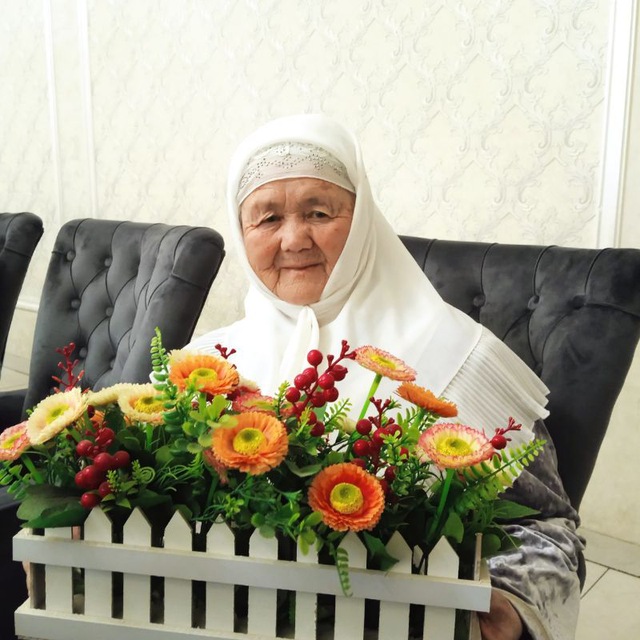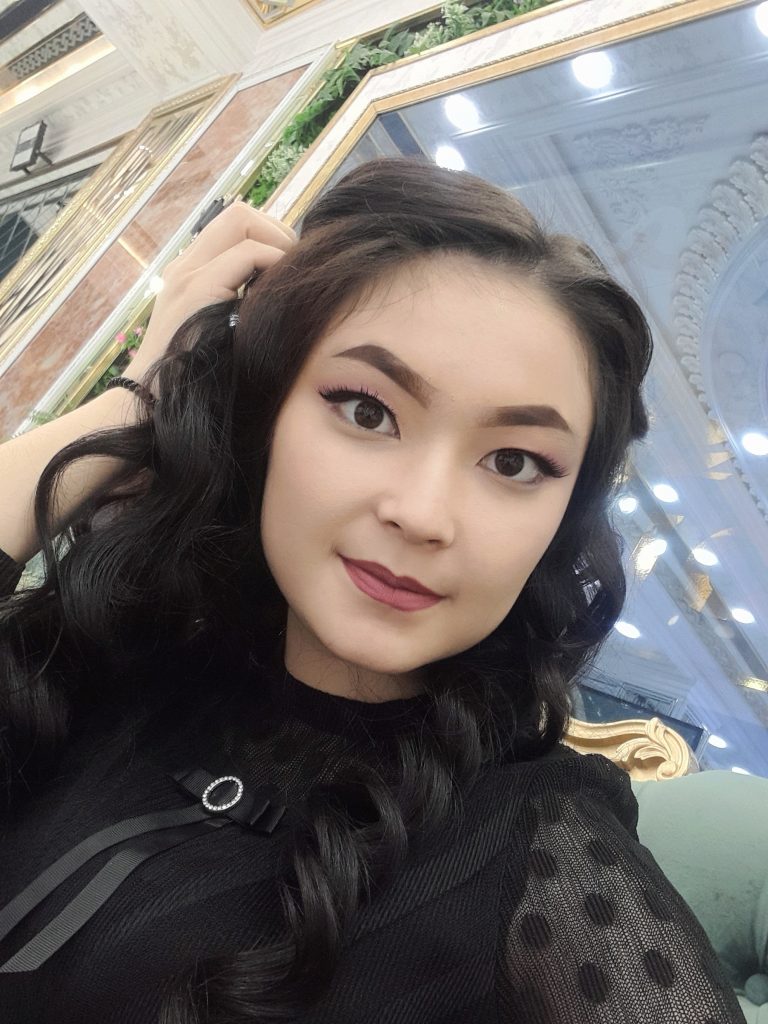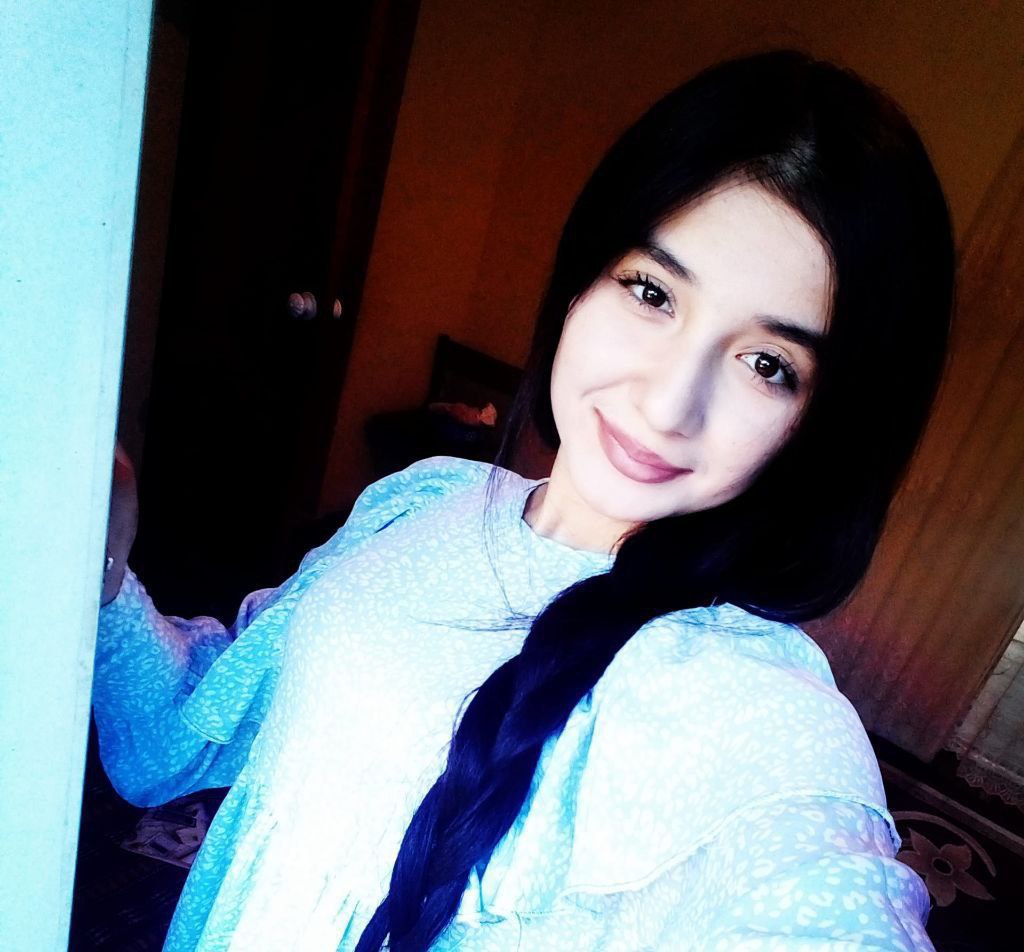Synchronized Chaos Magazine expresses sympathy for all the people affected by the recent violence in the Middle East and shares the hope for a peaceful and just resolution and for justice and equality for the region’s many groups of people.
In the spirit of what we do here, we are sharing author Michael Lukas’ recommendations of fiction and poetry from both Israelis and Palestinians that he and others believe will help people understand the issues and the cultures in the region.
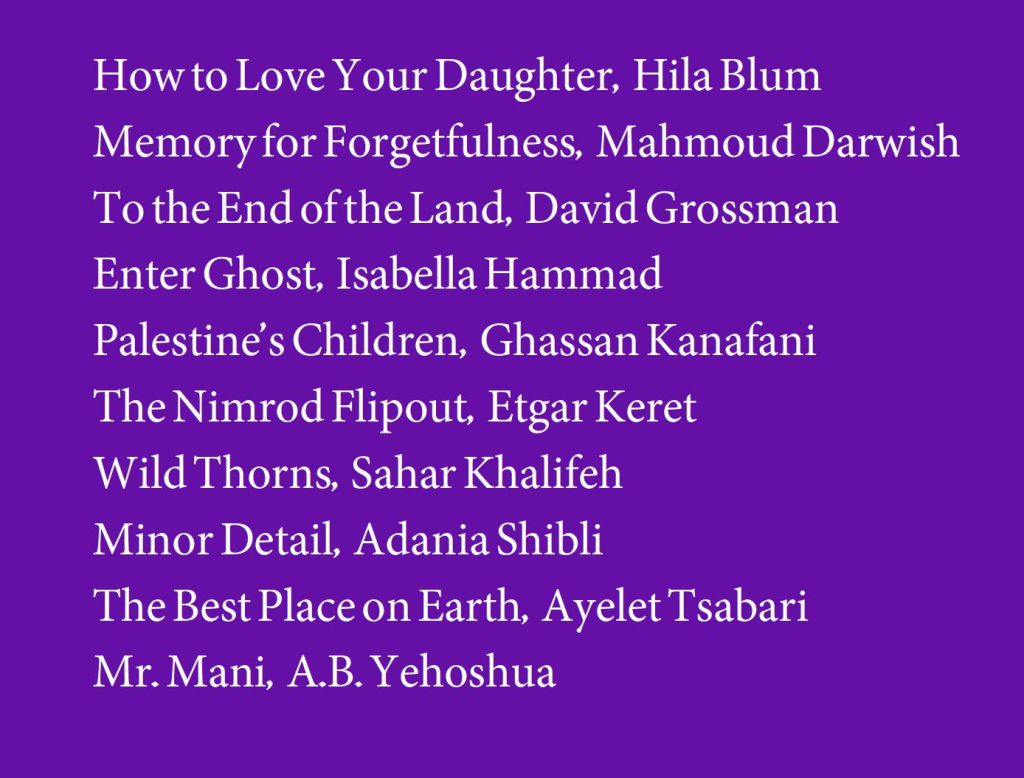
Please feel welcome to suggest other titles.
We are also aware that Afghanistan has suffered an earthquake that has killed thousands of people. We invite people to help however they can and suggest the Afghan-founded and led organization RAWA which assists those of all genders and racial backgrounds in the country. They are seeking people to translate articles on their website and help in a variety of ways.
Finally, we stand with the people of Burma who are continuing to undergo war and repression. We encourage people to assist through groups such as Doctors Without Borders.
On another note, this month’s submissions, and the whole project of Synchronized Chaos, bring to mind the research of Ilya Prigogene, whose scientific work demonstrated that when complex systems are far from equilibrium, small islands of coherence can shift the entire system to a higher order.
This magazine is an effort to synthesize various ideas and projects and pieces into a “small idea of coherence” each month.

Nigerian physician Ayokunle Adeleye urges people to rely on science and seek sensible and knowledgeable medical advice. Uzbek author Amirova Niginabonu recognizes the value of parents and teachers in imparting wisdom to younger people.
Adhamova Laylo Akmaljon speaks to the power of faith to heal through calming intense or troubled emotions. Adiba Pardaboyeva speaks to the comfort and calm she finds in her faith and her home and family. Nilufar Thoktaboyeva reminds us that while life’s emotions can be strong, they are transitory.
Anna Ferriero expresses her awe at the power of romantic love and large birds in her Italian and English poetry. Sayani Mukherjee reflects on a transformative love through a panoply of autumn and winter imagery.
Christopher Bernard reflects on another kind of transformative love, Aeschylus’ take on the ancient Greek myth of Io, a human woman who caught Zeus’ eye and was turned to a cow by his jealous wife. In this version, Io is not silenced and her voice continues throughout the ages.
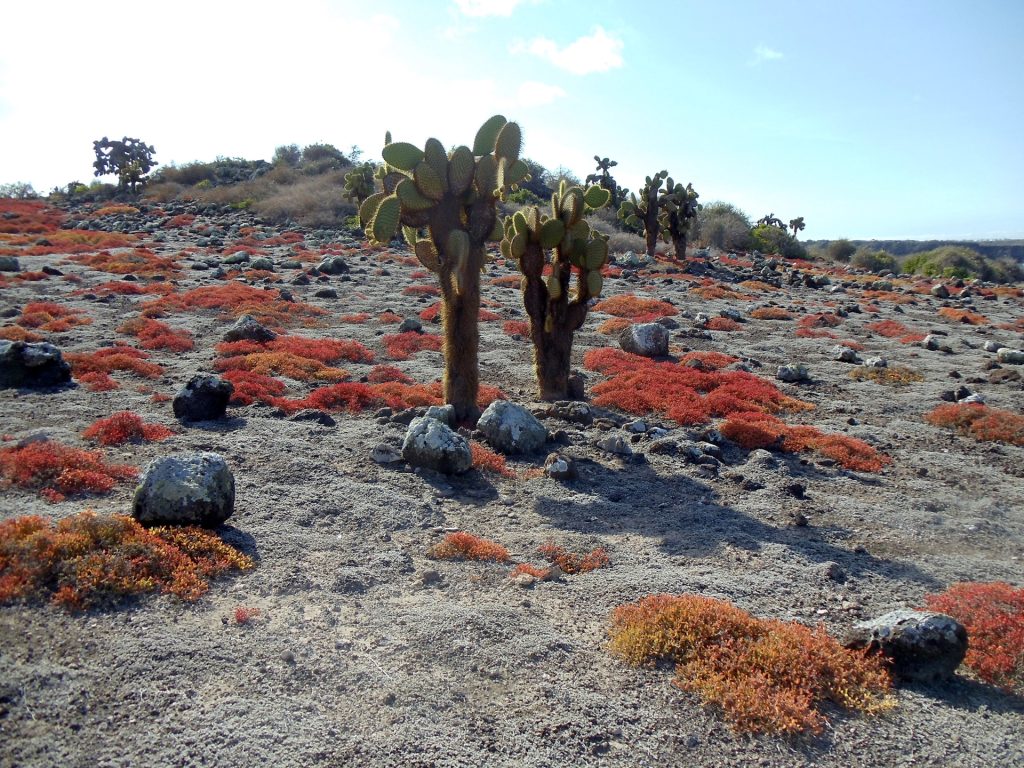
Iftikhar Zaman Ononno explains the importance of trees to the natural environment and encourages tree planting and conservation. Muntasir Mamun Kiron joins in the song of nature’s beauty and diversity while Aklima Ankhi rejoices in the variety of colors present in each and every season. Mirta Liliana Ramirez recollects a time when she took comfort in poetry and the sea and the sky while in pain. Annie Johnson expresses her love for the totality of nature: summer days, moonlight, and morning. Channie Greenberg sends up hopeful photography of peaceful farm fields in the Middle East. Z.I. Mahmud explores the nuances of the creative and destructive imagery of the West Wind in Percy Shelley’s Ode to the West Wind.
Michelle Adegboro’s speaker comments on whiteness, blackness, and belonging in the world through childhood images of astronomy and eclipses.
Mehreen Ahmed describes the sights and smells of a city at night with elegant, layered language. Khojabekova Musharraf’s poetry, translated into English by Nilufar Ruxillayeva, extols the beauty and majesty of the Uzbek city of Samarkand.
Rafiul Islam shares a tale of best friends who seek adventure and find riches. Nahyean Bin Khalid presents a story of a boy who gets trapped in a haunted house. Fernando Sorrentino relates a tale of how a soccer game gone wrong causes a boy to question his character.

Tasirul Islam celebrates the peace and stability and strength of his homeland of Bangladesh. Faleeha Hassan takes pride in her heritage as a Black Ethiopian Iraqi woman and remembers her father’s love. Zebuzar Yusupova crafts a hymn to the independence, pride, and beauty of her native Uzbekistan. Begoyi Allabergenova Aytjan Egamberdievna’s work, translated into English by Nilufar Ruxillayeva, also honors the Uzbek nation, land, and history.
Nurujjaman’s story shows the danger of marrying without a realistic plan for adult life. Jim Meirose’s tale of a brickyard hod carrier presents a hard working man who never loses his imagination or capacity to dream.
Monira Mahbub extols the virtues of education. Oydinova Malika offers up advice for those in Uzbekistan teaching English as a foreign language, using her experience and research as a guide. Rano Dilshadovna offers advice directly to students on how to learn spoken and written English while Marjona Qurbonova discusses whether online language learning environments can be as effective as in-person courses and Ravshanbek Nasulloyev proposes strategies for learning to think in English.
Jerrice J. Baptiste, niece of our contributor Roodly Laurore, sends in photos and shares about a school in Haiti for low income children where her aunt volunteers. We are also aware that Haiti has experienced major violence and disruption in recent months and encourage people to support education as well as general relief there.
Mahbub Alam laments the human losses caused by warfare. Mykyta Ryzhykh expresses the utter dislocation and destruction caused by modern warfare in his prose and also echoes those themes in his poetry. Abdurrashid Abdulrahman (newbornpoet) mourns the violence and injustice in his native land, while Ajibade Abdurasheed sings out his hopes for justice for the poor and vulnerable. Olanrewaju Timothy Fatoye’s lyrics decry criminal violence against the vulnerable. Indian artist Mantri Pragada Markandeleyu harnesses Marilyn Monroe as a universal symbol to help him advocate for world peace in his graphic design. Giddi Vivian Hembafan speaks to redemption from the violence in the human heart through faith.

Don Bormon contributes a caring poem about his best friend. Leslie Lisbona speaks to the long-term, profound relationships she had with her family’s various dogs. Taylor Dibbert’s speaker mourns and remembers a very special dog. Catherine Arra illuminates adult and childhood grief through the story of a family dog’s dying in an accident.
Azemina Krehic speaks of a love beset with danger, longing, and loneliness. K.G. Munro evokes the joy of a first attraction between lovers who meet by a campfire, then turns to the dangers of vaping. Kristy Raines talks of a beautiful and unconditional love that might be too amazing to exist in waking life. Sergio Ortiz draws on both nature and mythology to explore his heart and speak to different relationships from his past.
Ahmad Al-Khatat celebrates a love that perseveres and helps him to navigate the memory of past trauma. Hannah Aipoh recollects how writing helped her survive mental illness and a traumatic family situation. Makhfiratkhon Abdurakhmonova relates the story of a breast cancer survivor who triumphs through resilience and patience.
Graciela Noemi Villaverde asks for clarity to understand the true nature of her situation. Elnura Mahammadiyeva urges people to clarify their dreams into specific goals and work towards them.
Zahro Shamsiyya finds her identity and self respect in her poetry and reflects on her life and possible afterlife. Jerry Langdon considers mortality through the metaphorical death of his journal and through another piece on vampires and nighttime. Roy Gu speaks to mortality, grief, beauty, and making the most of an imperfect life. Bruce McRae uses surreal whimsy and entertainment-industry metaphors to wonder about the stability and possible mortality of the universe itself.

Shamsiya Khudoynazarova Turumnova quests for a departed loved one and for a gentler world through her poetry. Luis Cuauhtémoc Berriozábal returns to ancient roots and to nature as he seeks authentic poetic inspiration. Precious Moses hopes and dreams for a peaceful society in his Nigerian homeland.
Brian Barbeito contributes a lush meditation on nature, groundedness, love, and poetry. Steven Croft memorializes the former poet laureate of the state of Georgia, David Bottoms. Eva Petropoulou shares wishes for her poetry to become powerful enough to bring about transformative change.
Duane Vorhees explores identity, autonomy, travel and groundedness, and mythic wonder in his poetry. Precious Olugbodi highlights the importance of grounding your life’s projects with a solid foundation.
Nigirabonu Amirova highlights the up and coming literary scene in her native Uzbekistan. Another Uzbek writer, Bakhora Baktiyorova, shares her dream of becoming a journalist. Meanwhile, Parivash Sobirova regales us with a tale of a young girl discovering the joy of reading and the wonder of a library.
Lilian Dipasupil Kunimasa encourages readers to find joy where they can in a lovely but precarious world. J.J. Campbell writes of acceptance: of age, of change, of the presence of different parts of yourself.
Elmaya Jabbarova revels in the music all around her: sounds from nature and her Islamic services. Iqra Aslam finds elegance in precisely chosen language in a Zadie Smith novel. Noah Berlatsky finds a form of rhythmic art in the repetitive daily nature of life.
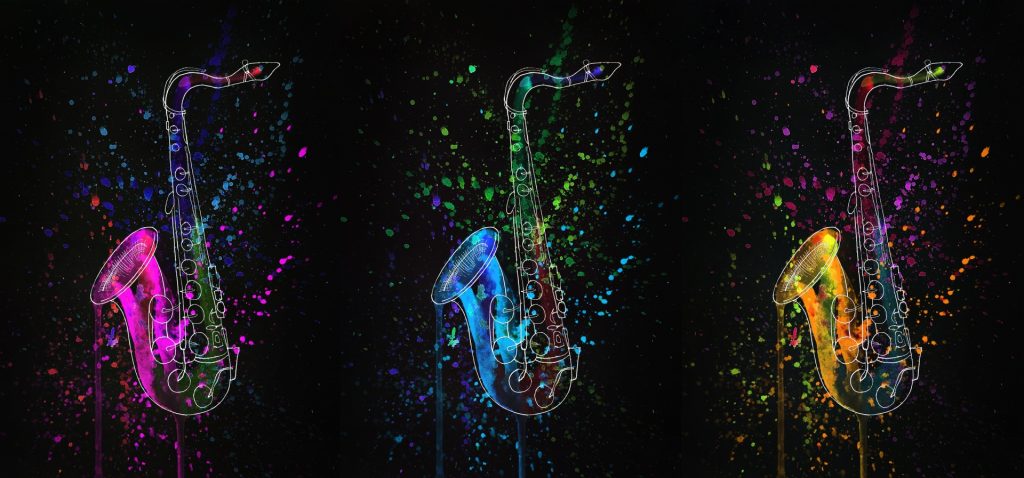
Maja Milojkovic speaks to the persistence of sorrow and longing for loved ones. Mesfakus Salahin reminds us in his short story that money alone cannot solve all the world’s sorrows. Laylo Bakhtiyorova addresses the all-too-common human condition of feeling dissatisfied, but not knowing what will solve one’s problems.
Mark Young probes the limits of AI algorithms in understanding us and guessing our preferences and interests. Edward Lee’s poetry looks at different types of human and natural creation and speculates on where we can find beauty.
Patrick Sweeney’s one-line poems combine the mystical, the logical, and the physical for unexpected results. Isabel Gomes de Diego’s photography captures whimsical moments of contrast or interest. Daniel De Culla combines whimsy and humor with curiosity and nature with human crafts. Mantri Pragada Markandeleyu contributes the first installment of a comic play about a group of beggars.
Laura Stamps jokingly laments how the pandemic has turned many of us into homebodies and “slugs.” Stephen House speaks to the need to make the most of our short lives, as we never know when we will face suffering or disaster. Meg Freer’s stories involve change and reconstruction of people and things. Peter Cherches plays with time and identity in his humorous short stories where nothing is as it seems and multiple ideas are simultaneously true.

